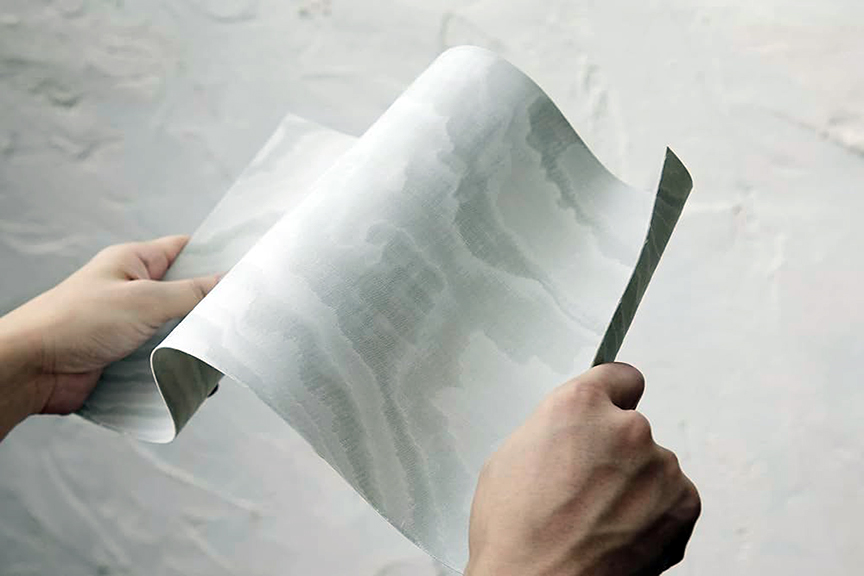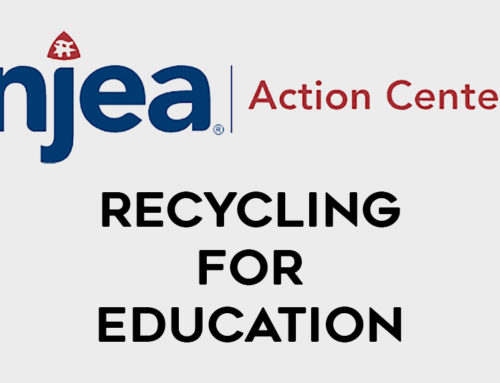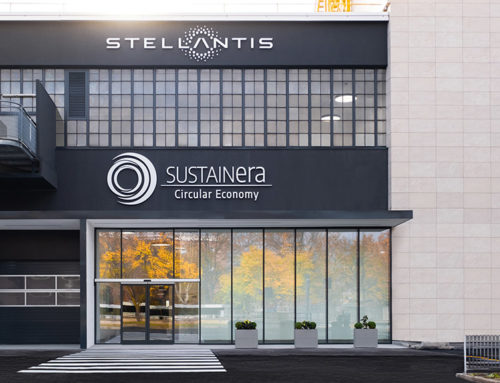Seishoku Co., Ltd., a fabric-dyeing giant, revolutionizes the textile industry with NUNOUS, a remarkable material born from fabric waste and biopolymers.
In a world where sustainability and circular economy practices are at the forefront of industry transformation, a venerable Japanese company, Seishoku Co., Ltd., is leading the charge with a groundbreaking innovation. This textile-dyeing giant, founded in 1880 in Okayama, Japan, has developed NUNOUS, a radically versatile material crafted from fabric waste. In a time when the United Nations Conference on Trade and Development (UNCTAD) has identified fashion as the second-most-polluting industry globally, this development promises to reshape the way we think about waste in the textile sector.
The fashion industry has come under increasing scrutiny for its environmental impact, particularly regarding the substantial waste generated during manufacturing processes. Spinning, cutting, and dyeing are stages where considerable textile waste is produced. Seishoku Co., Ltd. recognized the urgency of addressing this issue and embarked on a mission to reduce fabric waste and unlock new possibilities in textile innovation.
The result of their innovative efforts is NUNOUS, a material that redefines the boundaries of versatility. NUNOUS offers a tactile experience that is soft to the touch, yet it possesses a solid and substantial feel. What sets NUNOUS apart is its surface, adorned with intricate layers of color, creating complex and unique combinations. This remarkable material can imitate the appearance of fabric, leather, and even stone, opening up a world of possibilities, ranging from decorative objects to interior finishes.
The idea for NUNOUS began with the acknowledgment of “out-of-spec” products that arise during textile manufacturing. Seishoku Co., Ltd. dyes up to 50 kilometers of fabric daily, resulting in a small percentage of products that cannot be sold due to minor flaws or uneven color. Rather than discarding these beautifully dyed fabrics, Seishoku sought a method to recycle them while preserving their vibrant colors. Working in collaboration with the Industrial Technology Center of Okayama Prefecture, they developed a lamination technique that involves layering hundreds of fabric sheets between resin film, heating, and pressing them into sheets. To further enhance the material’s eco-friendliness, they utilized biopolymer resin derived from non-edible sugarcane, giving rise to NUNOUS—a new material that provides a second life for waste fabric.
Since its inception in 2018, NUNOUS has made its way into numerous global projects, transcending its humble Okayama roots. The material can be sourced from various textiles, including cotton, hemp, and wool. One company has ingeniously upcycled old work uniforms into NUNOUS decorations for its office interior, while another apparel brand repurposed fabric scraps to create new clothes showcased at Paris Fashion Week.
As architects and sustainability-focused companies continue to emphasize eco-conscious practices, NUNOUS is poised to play a pivotal role in upcycling waste materials in innovative ways. Seishoku is actively working to enhance NUNOUS, aiming to improve fire resistance and increase sheet size, unlocking its potential for applications such as wallpaper.
Seishoku President Akira Himei shares his vision for NUNOUS, “The majority of ideas on how to utilize NUNOUS come from customers who are looking to use sustainable materials. If wallpaper is too difficult, they say, then how about using it in lighting or signage? They come up with applications that highlight the unique combinations of colors, things we would have never thought of. Giving NUNOUS this kind of exposure in places where it’s seen by many people will hopefully also create chances for the general public to think about the fashion and textile industries’ waste problem.”
Motivated by such innovative ideas and the pursuit of a sustainable future, Seishoku Co., Ltd. is determined to continue expanding its global efforts. Their commitment to revolutionizing the textile industry and promoting a circular economy is a testament to the power of innovation and sustainability.
Seishoku Co., Ltd.’s journey with NUNOUS is not just about upcycling fabric waste; it’s a transformative step toward redefining how we approach sustainability and environmental responsibility in the textile sector. With NUNOUS, what was once waste is now a versatile, eco-conscious material that has the potential to reshape the textile industry and contribute to a more sustainable future.






